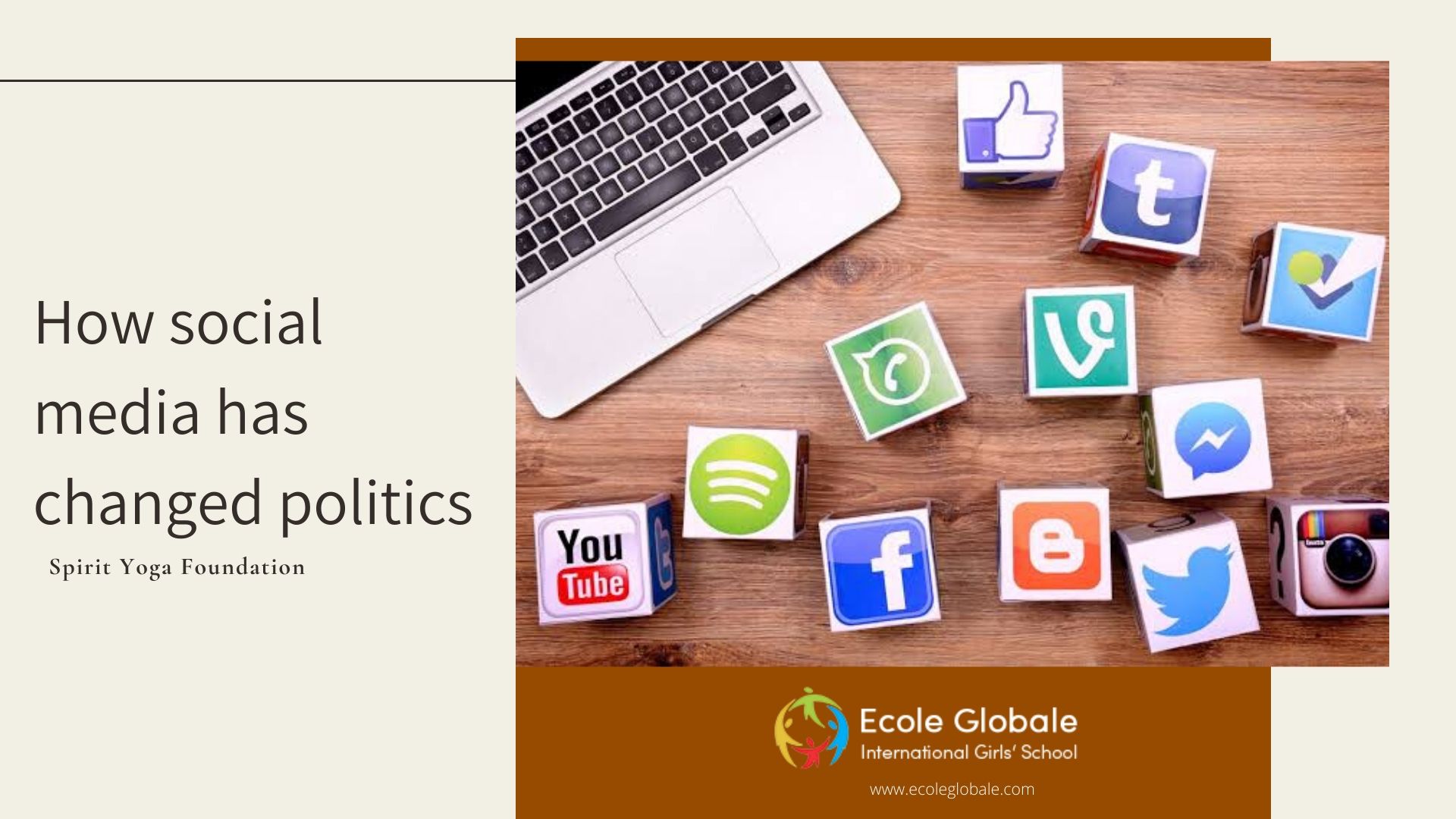Interaction with elected officials and how campaigns are run in politics is completely changed with the use of social media, including Twitter, YouTube and Facebook.
Elected officials and candidates have become more accountable and accessible to voters, with the prevalence of social media in politics. Based on rich sets of analytics in real-time and at almost no cost, media helps the campaign to carefully manage their candidate’s image with the ability to publish and broadcast the content to millions of people.
Given below are the ten ways in which social media has changed politics:
1. Direct Contact With Voters
The traditional method of reaching voters through paid advertising or earned media can be avoided with the help of social media. Facebook, Twitter, and YouTube help save time by directly allowing the politicians to speak to voters.
2. Advertising Without Paying For Advertising
Instead of, or in addition to, paying for commercials on television or radio, political campaigns can now publish them for free on YouTube. Those YouTube ads which are used to broadcast the message of political campaigns to a wider audience are often written by the journalist who covers the campaigns’ details.
3. How Campaigns Go Viral
News and information regarding campaign events are easily shared by like-minded voters and activists with the help of social media by using the share function of Facebook or the retweet function of twitter. Thus, the campus organization has become easy with Twitter and Facebook.
4. Tailoring the Message to the Audience
With the help of social media, political campaigns can easily get information or analytics about the number of people following them and thus accordingly, they can customize their messages. They may find some messages apt for a 30-year-old but not very effective for 60 years old or above.
5. Fundraising
Supporters are pressurized by the candidates to donate money in 24-hours which is termed as “Money bombs”. These Money bombs are used to raise a large amount of cash by the campaigns in a short period. Specific controversies that happen during campaigns have money bombs tied to them by the candidates, and the news is spread through social media such as Twitter and Facebook.
Many times money-bomb fundraising campaigns are used by the politicians.
6. Controversy
There are many disadvantages associated with direct access to voters. For a good reason the candidate’s image is often managed by the professionals in public-relations, so a politician can land into an embarrassing situation if he/she sends out the unfiltered tweets or Facebook posts.
For example, there was a politician who lost his seat due to his post about sexually explicit messages and photos with women on his Twitter and Facebook accounts.
Another politician also lost his mayor’s race because he was found having under aged sexting partner and was a prisoner.
7. Feedback
Depending on how politicians respond, asking feedback from voters or constituents can be good or bad.
To scrub anything unflattering or to monitor the social media channels, staffers are hired by the campaigns. Regardless of positive or negative feedback, the public is always engaged by the well-run modern-day campaigns. However, campaigns with a bunker-like mentality appear defensive and closed off from the public.
8. Weighing Public Opinion
Without completely knowing about how their political statements will play along with the electorate, politicians do not make another move. Thus, with the help of Twitter and Facebook, they can easily gauge the responses of the public over an issue or a controversy and accordingly adjust their campaigns even without paying to high-priced consultants or using expensive polling.
9. It’s Hip
Earlier, a larger portion of older people used to go to the polls. But the use of Twitter and Facebook has led to the engagement of many young and energized voters in the elections.
Prime Minister Narendra Modi, during his two successful campaigns, used the power of social media.
10. The Power of Many
Social media has reduced the influence of powerful lobbyists by bringing people together to petition the government and their elected officials. One day the power of social media will allow the like-minded citizens to come together in ways more powerful than lobbyists.









